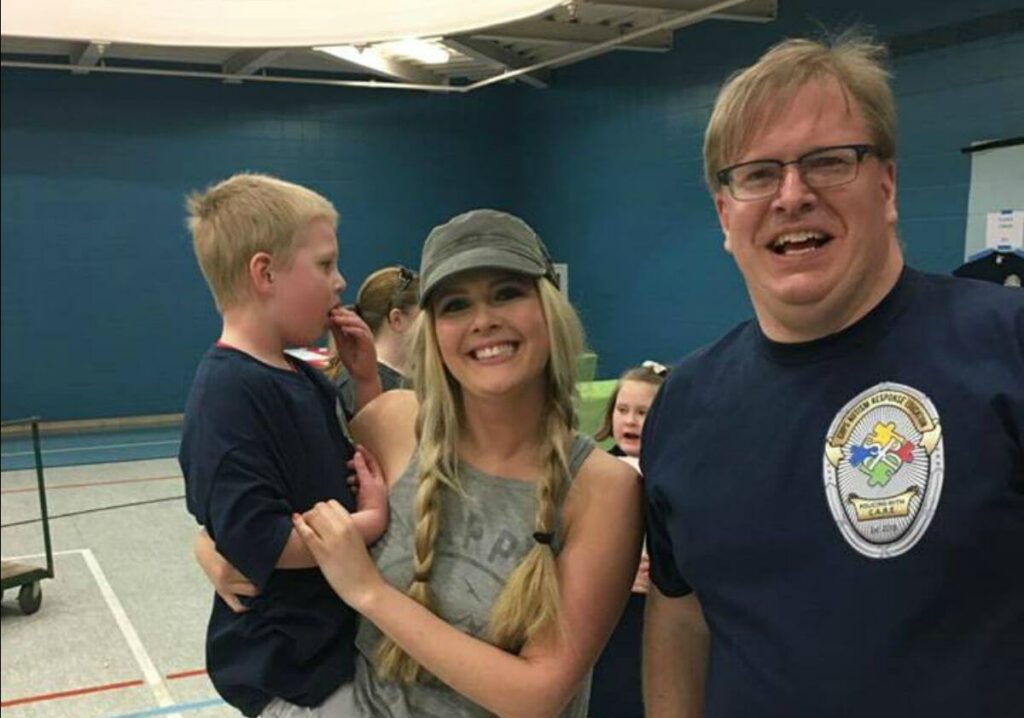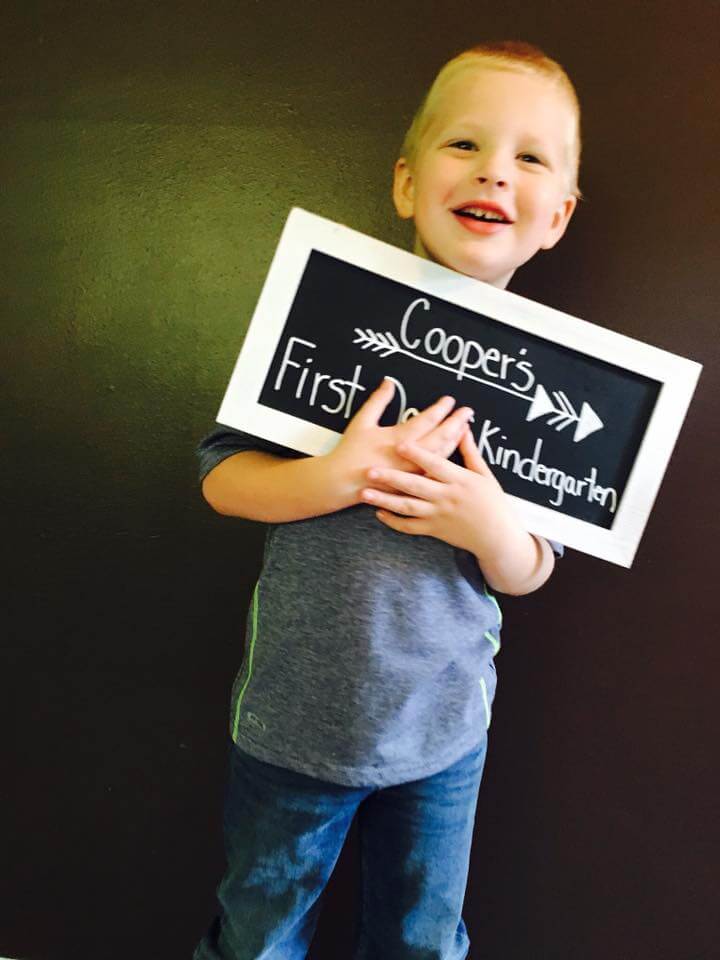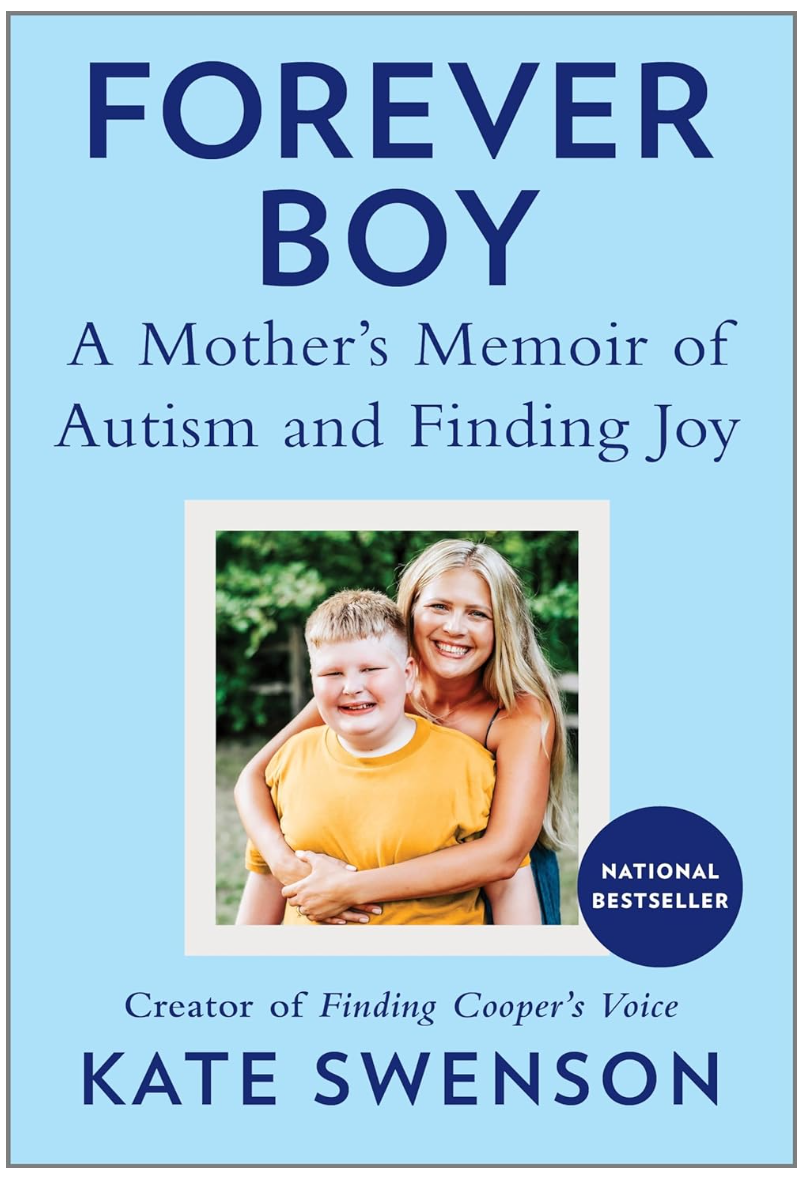Educating Police Officers About Autistic Behaviors

Autism and law enforcement is a hot topic in the news right now. Stories like the one about the ten year old boy with Autism who was arrested at his school in Florida are all over my Facebook news-feed. I continue to get questioned about it by friends and family. How do I feel about it? As a mom to a little boy with severe, nonverbal Autism my answer is…SCARED. And it’s not just about law enforcement. It’s by teachers, therapists, doctors and even strangers. I could go on and on. I worry about my sons safety every single day of my life. It’s always in the back of my mind. How do I keep this kid safe when he doesn’t have any awareness of understanding of it.
 The worry has encouraged me to team up with local law enforcement and offer whatever insights that I can. Keeping my son safe is the number one priority.
The worry has encouraged me to team up with local law enforcement and offer whatever insights that I can. Keeping my son safe is the number one priority.
When Keeping Them Safe is a Challenge
Right now my son is six. He is little. He is cute. He is quirky. And thankfully he is always protected by a caring, loving adult. He is never alone. The chances of him being in a dangerous situation are pretty slim right now.
In saying all that…my son can do some real damage. He is a big kid. He is a runner. He craves danger. He kicks, pushes and hits. If a Police Officer, or any adult for that matter, was to ask him to drop something or STOP…he could never do it. He would do the opposite. At age six this is still considered okay. Cooper is going to grow up though and these tendencies may or may not get better. And at age 20 and 180 pounds it’s not so cute anymore.
At age six Cooper has the social skills and behaviors of a two year old. But he looks like a ‘typical’ kid. We are continuously working on safety and awareness and probably will be for the rest of his life. This means that his reactions are most likely always going to be erratic. This tells me I probably won’t be able to control Cooper in the midst of a meltdown. But what I can do is influence how law enforcement interact with and view Autistic children.
Cop Autism Response Education
Recently, I connected with Officer Zink of the Saint Paul Police Department. I believe he is changing the way law enforcement interact with Autistic people. This stuff hits close to home for him. Officer Zink has two sons on the Autism Spectrum. He started Cop Autism Response Education, or CARE, a program that teaches officers how to more effectively communicate with people with Autism.
One of his cores pieces of advice is to get to know you local law enforcement. Call them and tell them that you have an Autistic child living in your home. Ask for a police officer to visit your home without their uniform, without the squad car and with something your child would like (stickers, candy, etc.). This will build trust. Then, have that same officer return, but dressed in uniform, with the squad, and bring a preferred item again. Officer Zink said he is building trust with Autistic kiddos by doing this.
How do we Keep Them Safe?
Yesterday, I was asked to make a video for Officer Zink to use during police Autism training. He asked me to talk about my son and his perception of safety and danger. I was all in! But first I had to ask my readers what they would like to say to law enforcement about Autism. The question was: “As a parent to an Autistic child, what do you hope police would do or not do if they were dealing with your child?” The question received hundreds of comments.
Here are a few of my favorites:
- Don’t just assume anything. Approach every situation with the realization a person may not react the way you might expect. All abilities… you may be dealing with a blind, deaf, nonverbal person. I have a sublexed shoulder and could not raise both hands if asked. They need to understand disabilities and assess the situation before they react.
- To understand how they may react when they are scared, and that they most likely don’t understand what they are doing since they don’t have the ability to think before they act. This can be a game changer for how police respond to situations and can save a life.
- Autism is an invisible disability and there are no physical characteristics to look out for, so just because they don’t “look” autistic does not mean they aren’t.
- Keep instructions very simple. Understand that instructions may not be followed due to lack of understanding! Use sign language or stick figure drawings. Keep noise levels to a minimum. Patience, patience, patience!
- When approaching someone who maybe autistic beware of lights and sirens and even your radio. My daughter does not respond well to the sound of the radio, while she is used to sirens and lights others may not be. This may be hard for bigger cities or towns but when you know there is ASD family in your sector pay them a visit and introduce yourself to the family this goes a long way!
- When asking a question, give them wait time to respond. It may take 2-3 minutes to process and answer a question like what is your name. Not making eye contact is not a sign that they are lying. Understand some individuals are sensory avoiders and touching them can cause fight or flight responses.
See all the responses at: https://www.facebook.com/findingcoopersvoice/posts/860758140733315
My Message to Law Enforcement
I tried to sum everything up in this video. But, my plea continues to be…please keep my son safe. If he is in a dangerous situation please save him but know that he won’t understand that you are trying to help him. He won’t be able to follow your directions. If you run..he will run. He will hit and kick you if you touch him. He is slow to process. His actions appear crazy and even dangerous. He is a six year old who still acts like an infant and he needs you and I to keep him safe. Know that as his mom I trust you. And I thank you.

